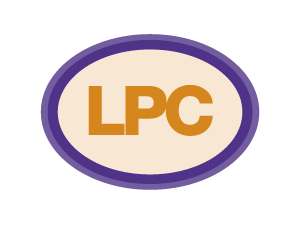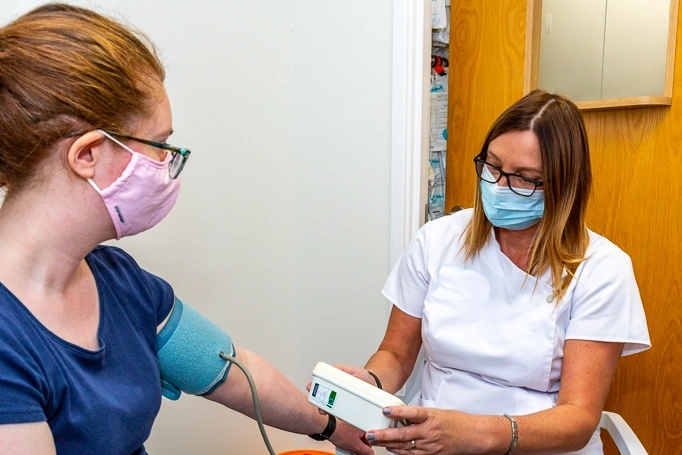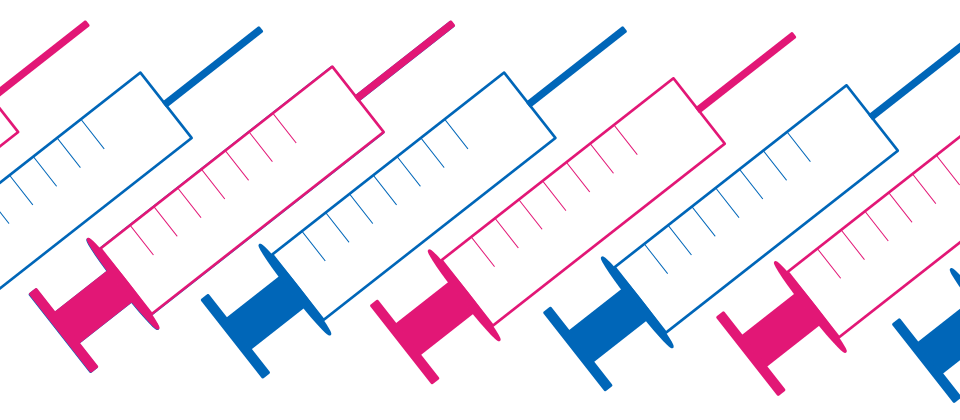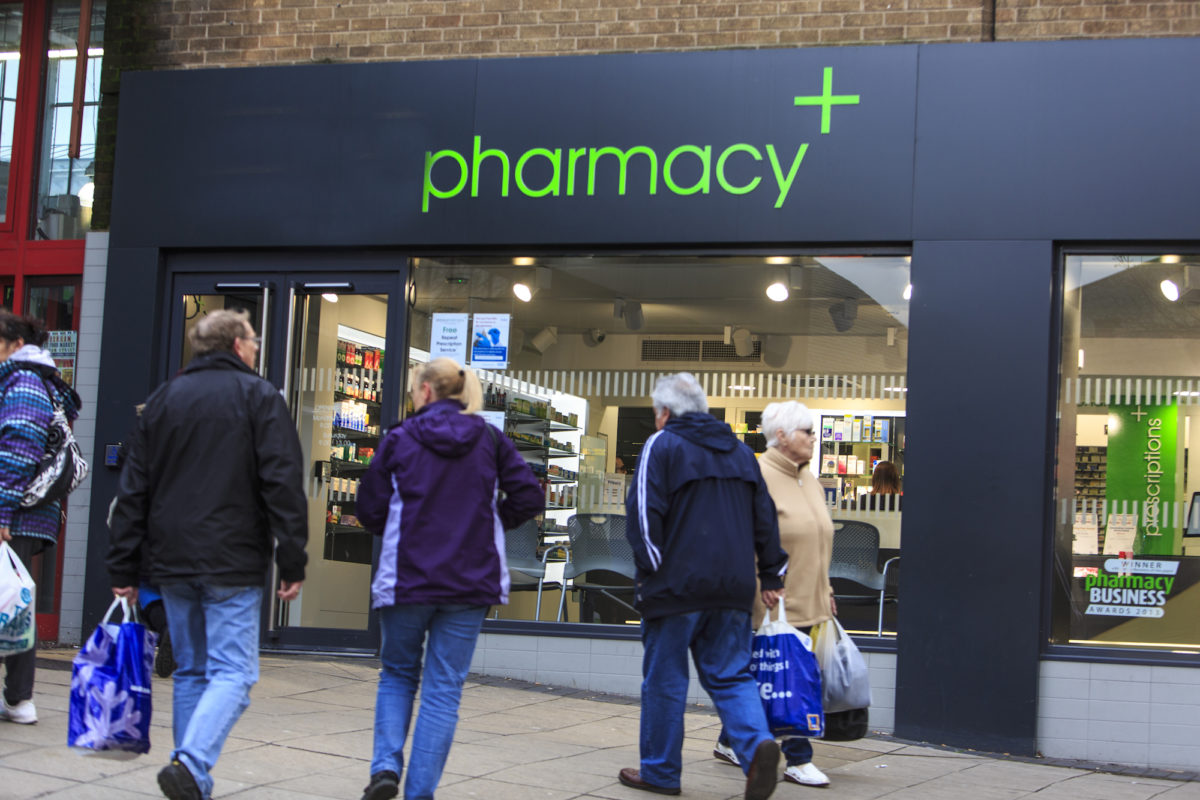The value of pharmacy
Published on: 10th February 2022 | Updated on: 7th February 2024
Community pharmacies are well used and trusted by their local communities. They provide a range of healthcare services including helping people to get the most benefit from their medicines and to lead healthier lives. Introducing further clinical services that support the medicines supply function of these pharmacies could offer more convenient care for patients and better value for the NHS. This makes the network of pharmacies a valuable asset for the provision of healthcare.
They are situated in high street locations, in neighbourhood centres, in supermarkets and in the heart of the most deprived communities. Many are open long hours when other health care professionals are unavailable. There are several different types and sizes of community pharmacies, ranging from the large chains with shops on every high street or in edge of town supermarkets, to small individually owned pharmacies in small communities, in the suburbs and often in deprived areas or rural settings. The latest information shows that:
- Approximately 80% of people in England are just 20 minutes’ walk away from their nearest pharmacy;
- More than 99% of those in areas of the highest deprivation are within a 20-minute walk of a community pharmacy (according to a BMJ Open article); and
- As the accessibility of community pharmacies is greatest in areas of higher deprivation, they may have an important role to play in reducing inequalities.
Community pharmacy is consequently a socially inclusive healthcare service providing a convenient and less formal environment for those who cannot easily access or do not choose to access other kinds of health service.
As many as a quarter of a million people are visiting England’s community pharmacies every week because they are unable to access other parts of the NHS. And millions of other patients are now presenting in pharmacies with urgent medical needs.
An audit of more than 4,000 pharmacies carried out in early 2022 found that pharmacies are carrying out some 65 million informal healthcare consultations every year. These happen when people walk into a pharmacy seeking advice without any formal referral.
While pharmacies in the audit were able to advise or treat more than 80% of people visiting them in the pharmacy, the findings suggested that around 2.5 million people every year have to be referred on from pharmacies for urgent care.
Further findings from our Pharmacy Advice Audit in 2022 include:
Key findings include:
- Every week, pharmacies help over 865,000 patients who are presenting at the pharmacy for clinical advice about symptoms and over 251,000 patients who have questions about an existing medical condition.
- Almost half of patients reported that if they did not have easy access to a pharmacy, they would have visited their GP. As such, we can estimate that pharmacy advice will save an incredible 32.2 million GP appointments over the course of the year.
- Over half a million consultations a week occur in each community pharmacy for clinical advice alone, where no sale of a medicine is made.
Community pharmacies contributed a net value of £3 billion to the NHS, public sector, patients and wider society in England in 2015 through just 12 services, with a further £1.9 billion expected to accrue over the next 20 years. This means that community pharmacies deliver substantially more in benefits than they receive in compensation, providing excellent value to the Department of Health and Social Care.
PricewaterhouseCoopers LLP (PwC) quantified the economic contribution of community pharmacy in England in 2015 and discovered that the network provided a benefit of more than £250,000 per pharmacy or £54.61 for every resident of England.
Community pharmacy: providing great value for communities and references
An infographic showing the key findings from the PwC report.
The value of community pharmacy – summary report
A summarised version of a Community Pharmacy England commissioned PricewaterhouseCoopers LLP (PwC) report to examine and quantify the economic contribution of community pharmacy in England in 2015.
Further resources and examples
Join our commissioners mailing list
Newsletters aimed at local healthcare commissioners, providing updates on pharmacy services.





